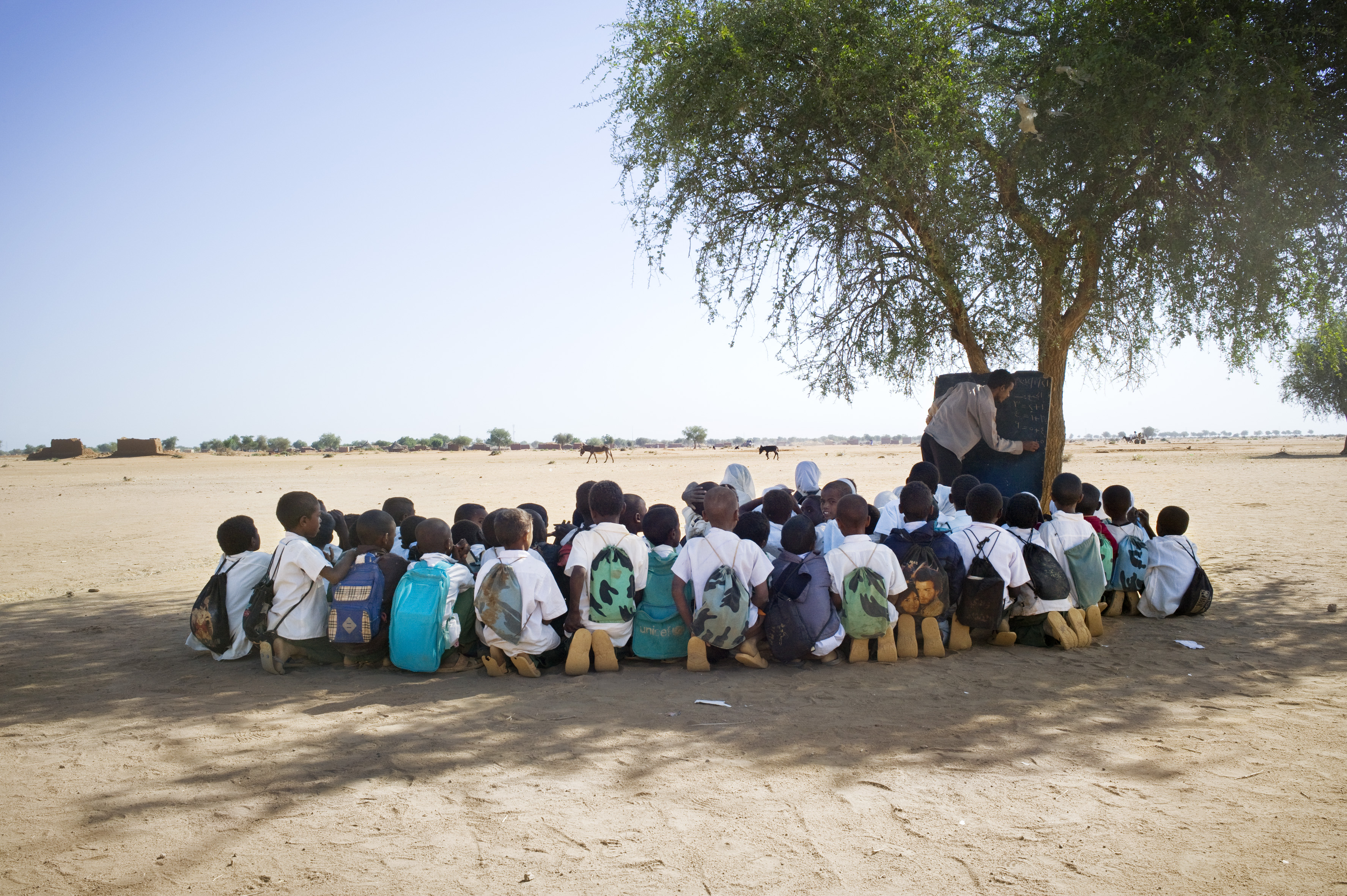
Policies
Benin Food Programme
Context and Problem
Benin is a low-income nation with a population of 11.2 million, where the predominant population is rural. In 2018, the country was ranked 163rd out of 189 in the 2018 Human Development Index. The government continues to struggle with food insecurity and malnutrition, even though the predominant workforce is in agriculture. This is because productivity is low due to small farms and unstable supply chains. In 2017, 9.6% of the population was food insecure, and 32% of the children aged under five suffered from chronic malnutrition.
Benin joined the World Food Programme (WFP) School Meals initiative, making it a flagship program.
Solution
The programme is holistic and covers a range of sectors. It combines education, nutrition, health, and hygiene efforts while obtaining food from the local farmers. The program is not just about feeding children but about improving learning outcomes, too. For example, this program includes nutrition education, hygiene promotion, and health checks. The program also provides kitchen equipment and training for school cooks.
Under the Benin Food Program, the World Food Programme (WFP) trained smallholder farmers, empowering them with crucial skills in post-harvest management, market access, and business practices. This enabled them to supply quality produce directly to school canteens, eliminating the need for middlemen. Additionally, WFP collaborated with local communities, who contributed items such as condiments and vegetables. Women groups played a significant role in supporting the program by assisting with meal preparation and maintaining the school gardens.
Impact
During the 2019/2020 academic year, this program provided meals to 630,000 children across 3,775 primary schools. By 2023, this number became 1.3 million children. Additionally, 5079 schools were supported through this program, and the number of smallholder organisations expanded from 30 to 71, representing 24,000 producers. School dropout rates also dropped from 12.8% in 2022 to 3.3% in 2023, while the retention rate increased from 89% to 97%.
While seeing the programme's success, Benin increased its budget from USD 79 million to USD 240 million and has committed to achieving 100% school meal coverage. A national school meals law is being developed to place this program as a permanent government social protection.
Analysis
The program showcases that the food hunger situation can be improved through political willpower and partnerships. It also showcases a model of empowering local communities and getting them involved in the program. By doing so, the program is more likely to succeed and provide economic and social benefits to the local communities, thereby creating the multiplier effect.












